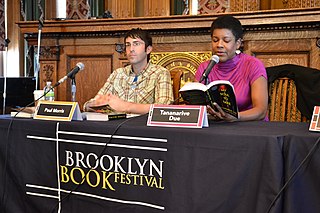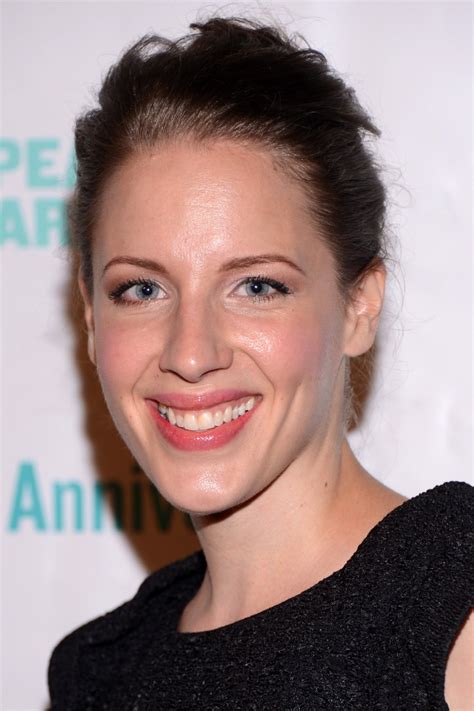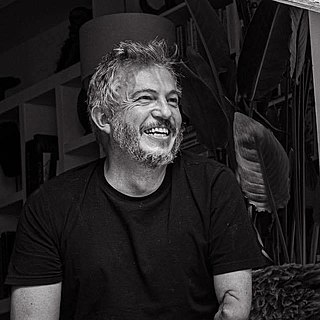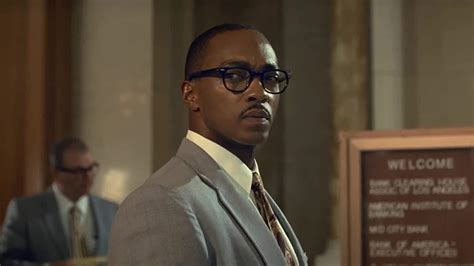A Quote by Tananarive Due
I tell my students based on my experiences in Hollywood, sure, you can always move to L.A. and try to work with the system, and people do that, but chances are if you want your story in film with characters of color, you will have to make that movie yourself. Find a way to make it yourself. Not just screenwriters, but also producers.
Related Quotes
What I want to tell you today is not to move into that world where you're alone with yourself and your mantra and your fitness program or whatever it is that you might use to try to control the world by closing it out. I want to tell you just to live in the mess. Throw yourself out into the convulsions of the world. I'm not telling you to make the world better, because I don't believe progress is necessarily part of the package. I'm telling you to live in it. Try and get it. Take chances, make your own work, take pride in it. Seize the moment.
Once you allow yourself to identify with the people in a story, then you might begin to see yourself in that story even if on the surface it's far removed from your situation. This is what I try to tell my students: this is one great thing that literature can do - it can make us identify with situations and people far away.
The people who've done well within the [Hollywood] system are the people whose instincts, whose desires [are in natural alignement with those of the producers] - who want to make the kind of movies that producers want to produce. People who don't succeed - people who've had long, bad times; like [Jean] Renoir, for example, who I think was the best director, ever - are the people who didn't want to make the kind of pictures that producers want to make. Producers didn't want to make a Renoir picture, even if it was a success.
I'm a strong believer that you have to have an equal opportunity to fail and to try things that are hard. I always tell my students, "Don't just take things that are easy for you. If you're really good at math, don't take just math. Take classes that make you write. If you're a really great writer, but bad at math, take math and make yourself work your way through it."
For me, documentary photography has always come with great responsibility. Not just to tell the story honestly and with empathy, but also to make sure the right people hear it. When you photograph somebody who is in pain or discomfort, they trust you to make sure the images will act as their advocate.
The main thing for me is just the length of time it takes to make a movie. It's at least a year of just talking about it, talking about it with yourself or your director or your other castmates or the press, so you just want to make sure it's a film that although you initially feel this pull or this drive to it, you don't really have the answers to why you're drawn to it. But it's more about not knowing the answers to certain questions but wanting to go on the journey of discovery to find the answers.
The thing that I think a director has to have in order to make a movie really work, and to certainly make a film that feels personal, is that you have to have a sense of the feeling that you want to create in people, the tone which you want to tell the story, and the basic themes you want to come out. You can't compromise on those because you are then not making the movie that you are going to be good at telling.


































